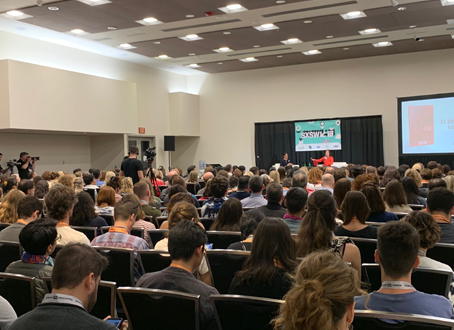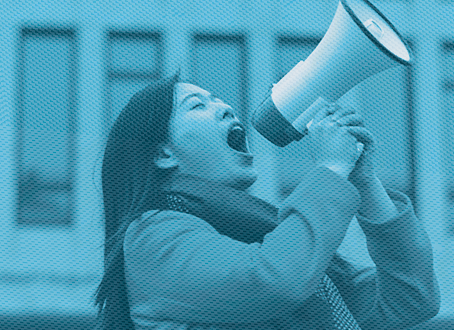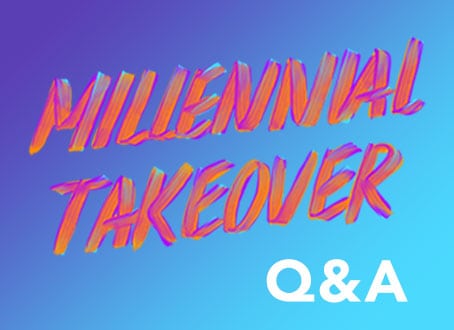This interview is the ninth of nine in a series of Q and A’s with leading changemakers, representing the Millennial generation who are working across sectors to be the force for change on the issues they care about most.
Tell us a little bit about yourself and your work
I used to write speeches and jokes for President Obama. Then I wrote a book, called Thanks, Obama, about my experiences writing speeches and jokes for President Obama. Now I’m writing a TV show based on that book. I’m also working with Funny Or Die to encourage young people to vote.
What problem keeps you up at night? What do you think it will take to solve it?
Nothing too big, just democracy under constant attack. I think the solution is a mix of more engagement from citizens and an understanding from policy makers that we need to fix our institutions or we’ll lose them.
With technology, the barriers to sharing your message and galvanize networks for action have continued to come down—how do you think that has influenced the way you and others take part in social movements and causes?
We saw this at the White House. You can bypass the traditional back and forth and speak directly to your audience. I think that has tremendous potential—but it also means audiences have fragmented and have shorter attention spans.
Why do you think it’s important that causes use the right language and tools to meet young people where they are to engage with social issues today?
In the Obama White House we used the phrase “meet people where they live.” It doesn’t matter what you’re saying if you’re not giving your audience a chance to hear you.
What have been some of your biggest challenges?
It’s not easy to balance being funny with making a point—which I guess is good because if it were easy I wouldn’t have any of my jobs.
What has been your favorite success story?
We brought the actor Keegan Michael Key to the White House Correspondents’ Dinner to play “Luther, Obama’s Anger Translator” next to the real-life president. And we included a message about climate change. That was a win.
Who are some fellow next generation leaders you admire?
Oh, man, there’s so many. With the midterms today, I’m going to give a shout out to the incredible young people running for office. There are so many amazing stories from candidates this year, and what unites them all is a sense that we can’t wait for someone else to solve our problems. We have to step up.
What is one thing you think everyone should know about your generation?
I think a lot of coverage of my generation focuses on the people who were most able to recover personally from the Great Recession. But for lots of people my age or a little younger (or older) the recession is still shaping our lives—and leaving us with a profound sense that something or someone failed us.
What’s next for you? What are some of your dreams and goals?
I’ve learned that public service doesn’t always have to be a full-time job, but it does have to be a part-time job. So, I’m hoping to keep writing things that speak to me, while at the same time making America a little bit better.
How can people interested in your cause learn more?
I complain on Twitter @davidlitt and I post vacation photos on Instagram, also @davidlitt.
We will be featuring interviews from each of the leaders representing the Millennial generation on key movements and issues today who participated in our recent 10-day Instagram takeover. Check out the rest of this series and see their stories as part of an infographic detailing ten key traits about how Millennials engage with causes, based on our ten years of research, here.





